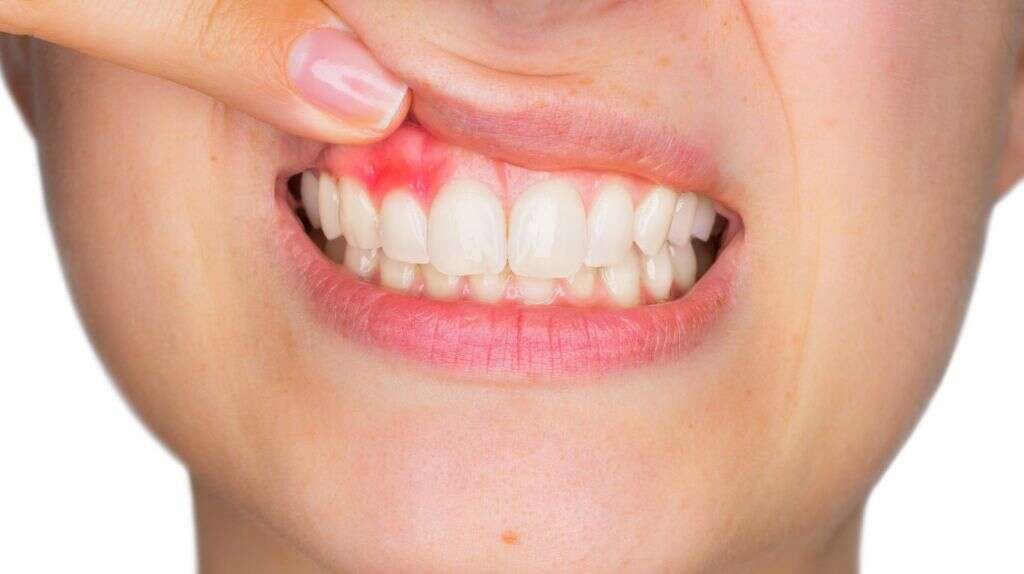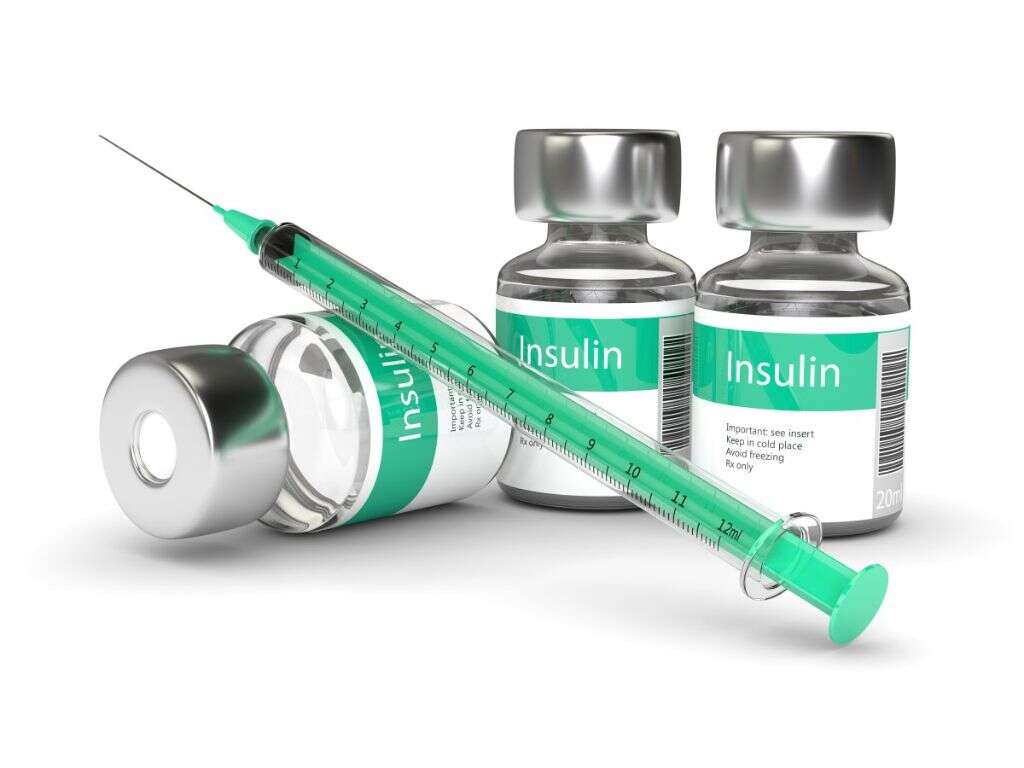10 Prediabetes Symptoms
9. Inflamed Gums
The inflammation of gums, particularly around the base of the teeth (gingiva), can be a sign of a mild form of gum disease known as gingivitis. Other signs of this condition include redness and bleeding of the gums. Gingivitis is generally caused by poor oral hygiene, which leads to the accumulation of plaque on the teeth. This sticky film that contains bacteria, can later transform into tartar (calculus), which is difficult to remove and further irritates the gums. Gingivitis can slowly progress to a more serious form of the disease known as periodontitis. Consequently, it is important to diagnose and treat it promptly.
People with prediabetes and diabetes are at an increased risk of developing gingivitis. This can be attributed to several factors. For instance, people with these conditions, especially if untreated, often have high levels of glucose in the saliva that can contribute to the growth of oral bacteria and the formation of plaque. Furthermore, prediabetes/diabetes hinders the body’s normal immune response and wound healing mechanisms. Thus, gum disease in these conditions can be more severe and take longer to resolve. Rigorous oral care, constant monitoring for gum disease, and regular dental visits will prevent gum inflammation and decrease the risk of severe periodontal disease.
Advertisement












